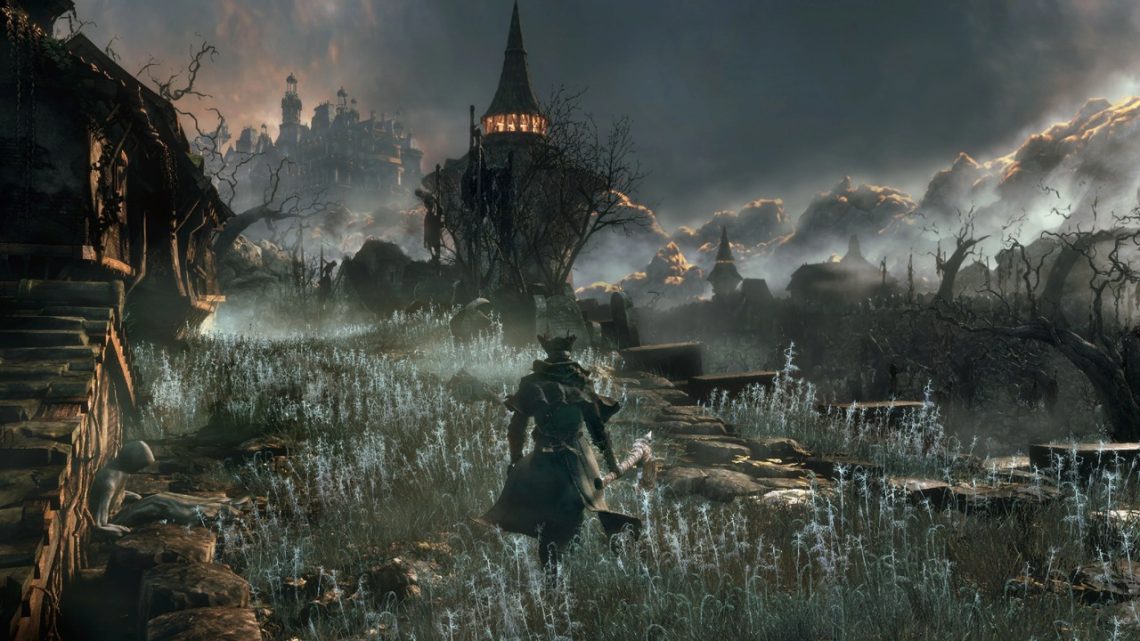Innovation and inspiration are the two things that drive any industry. And capital, but that’s a different topic. In some cases, the best games are a product of pure imagination. In most cases, they’re the result of learning a thing or two from other forms of media. If an element works well or it appeals to you, there’s nothing wrong with making it a part of the creative journey. In this article, we’re going to list some video games that have been inspired by films.
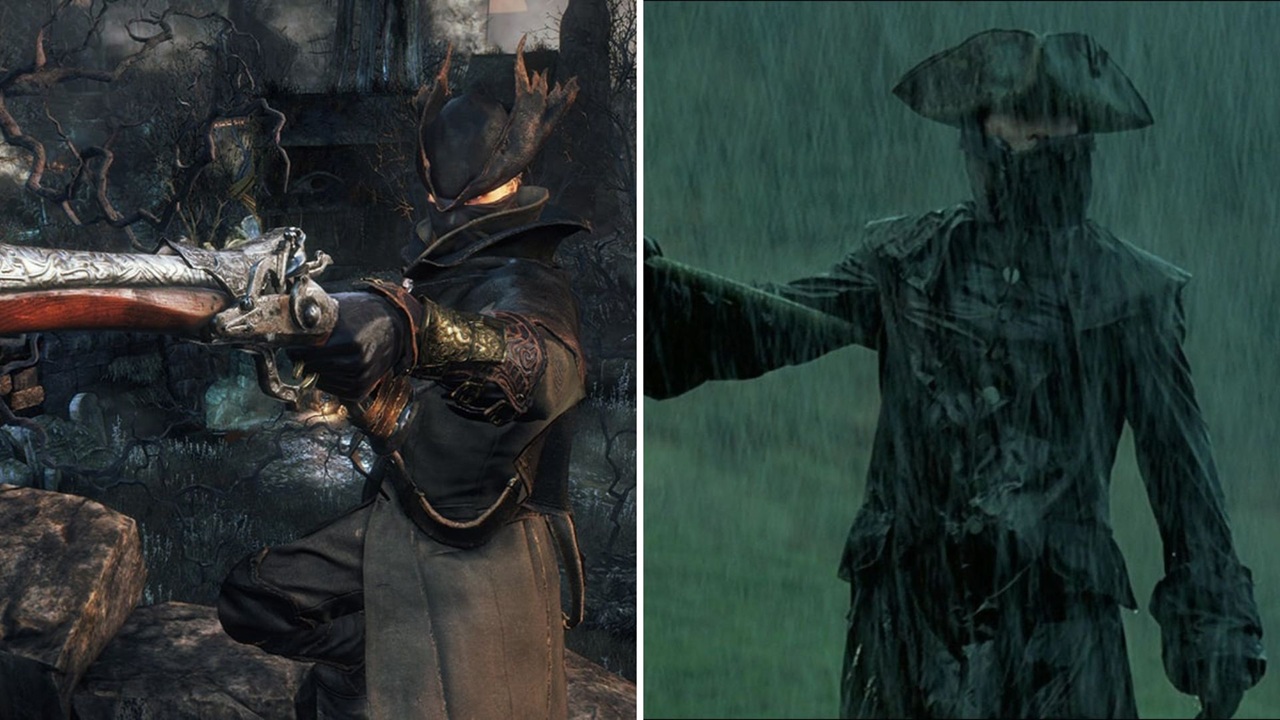
Bloodborne and Brotherhood of the Wolf
By now, it’s become known that Hidetaka Miyazaki takes a lot of inspiration from western culture. If he sees something he likes, he’ll try to incorporate it into his games. Bloodborne’s narrative was heavily inspired by the works of horror authors Bram Stoker and H. P. Lovecraft. Ask any hardcore fan and that’s the first thing they’re going to blurt out. But another influence was the French movie Brotherhood of the Wolf. Miyazaki cited it as a key inspiration, and it becomes clear if you put it and Bloodborne back to back.
The iconic hunter sets in the game bare heavy similarity to the outfits worn by Grégoire de Fronsac and his Iroquois companion Mani. The game and the movie are set in an Age of Enlightenment period. Both mediums have the theme of power corrupting men and savage beasts ravaging the land. Just to name a few.

Homeworld, Battlestar Galactica, and Star Wars
Homeworld was a smash hit when it came out and for very good reasons. Technical achievements wrapped with a compelling story and a flawless presentation. There were ideas that seemed like complete contrasts on paper, but actually melded well. Like doing battle against a space fleet while listening to a soundtrack with religious chanting. Homeworld’s mystical elements and ship designs take heavy inspiration from Star Wars, while the premise is lifted completely from Battlestar Galactica. No, really. Change a few things around and it is literally the plot of Battlestar Galactica.
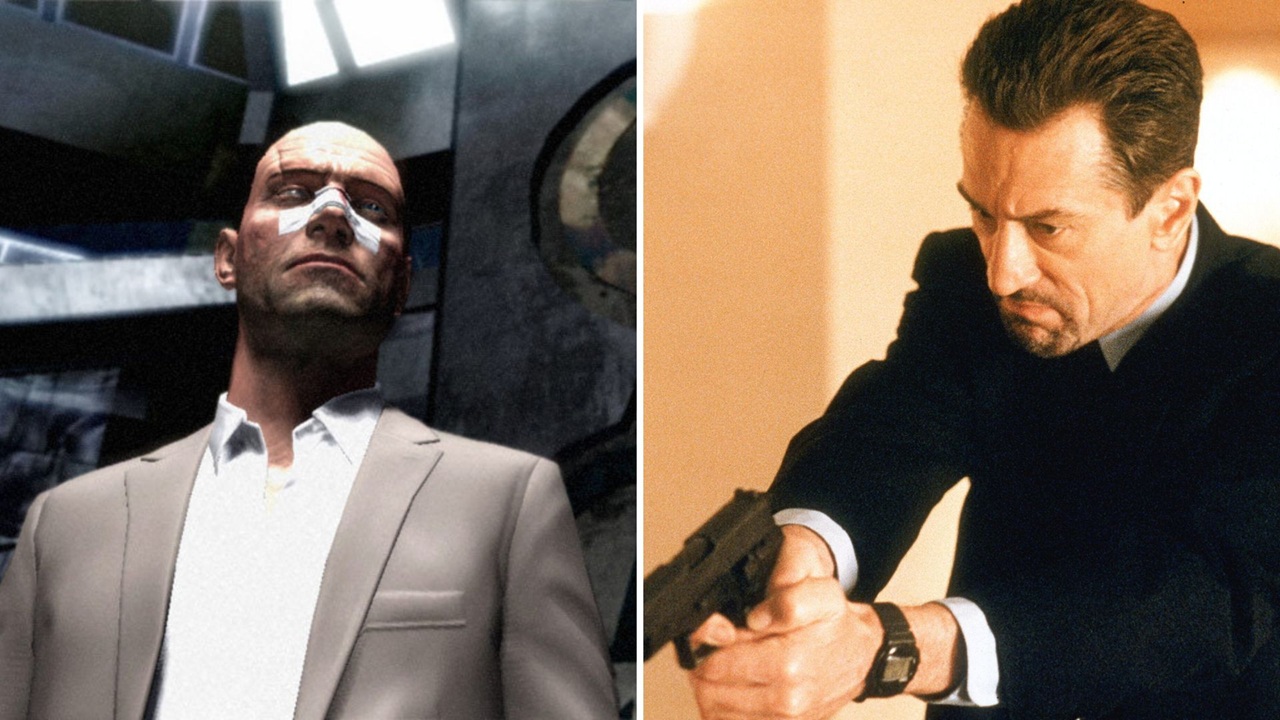
Kane and Lynch and the works of Michael Mann
Talk to any dev who has worked on a crime-themed game. There’s a good chance they’re going to cite the works of Michael Mann as a key inspiration. One such developer is a little company you might’ve heard about here and there called Rockstar. Joking aside, the GTA series wouldn’t be what they are without his movies.
There’s a mostly forgotten franchise that’s also taken inspiration from him called Kane and Lynch, developed by IO Interactive, the creators of the Hitman games. The characters and story feel like a love letter to Miami Vice, Heat, and Collateral. A love letter with sloppy handwriting, but a love letter nonetheless. The bank heist, the highlight of Kane and Lynch: Dead Men, is an in your face homage to the bank heist in Heat. Lynch looks like Waingro’s slightly more psychotic cousin. Kane looks like he borrowed Tom Cruise’s suit from Collateral. They’re not coincidences if they happen in a row.

Ghost of Tsushima and the works of Akira Kurosawa
Akira Kurosawa is one of the best directors of all time. His movies have been studied by both aspiring and established filmmakers, such as Sergio Leone and George Lucas. Besides creative transitions, the master and student theme, and unique characterization, Kurosawa manages to keep even the most basic scene interesting. Any scene in Ghost of Tsushima would fit perfectly into a Kurosawa movie. If that wasn’t enough, Sucker Punch have added a mode called Kurosawa Mode, where the presentation changes in order to reflect the works of the legendary director.

Condemned: Criminal Origins and Seven
In the mid 2000s, Monolith Productions released two of the most fondly remembered horror games ever — F.E.A.R and Condemned: Criminal Origins. F.E.A.R was inspired by John Woo’s filmography, The Matrix, and classic Japanese horror. Condemned: Criminal Origins on the other hand, drew inspiration mainly from the movie Seven, and partly from Jacob’s Ladder and The Silence of the Lambs. Similarly to Seven, Condemned: Criminal Origins adopts a visual and narrative style based around decrepitude, both in the moral and physical sense. Being introduced to decaying environments, witnessing the worst parts of humanity, and trying to solve a case that defies all logic.
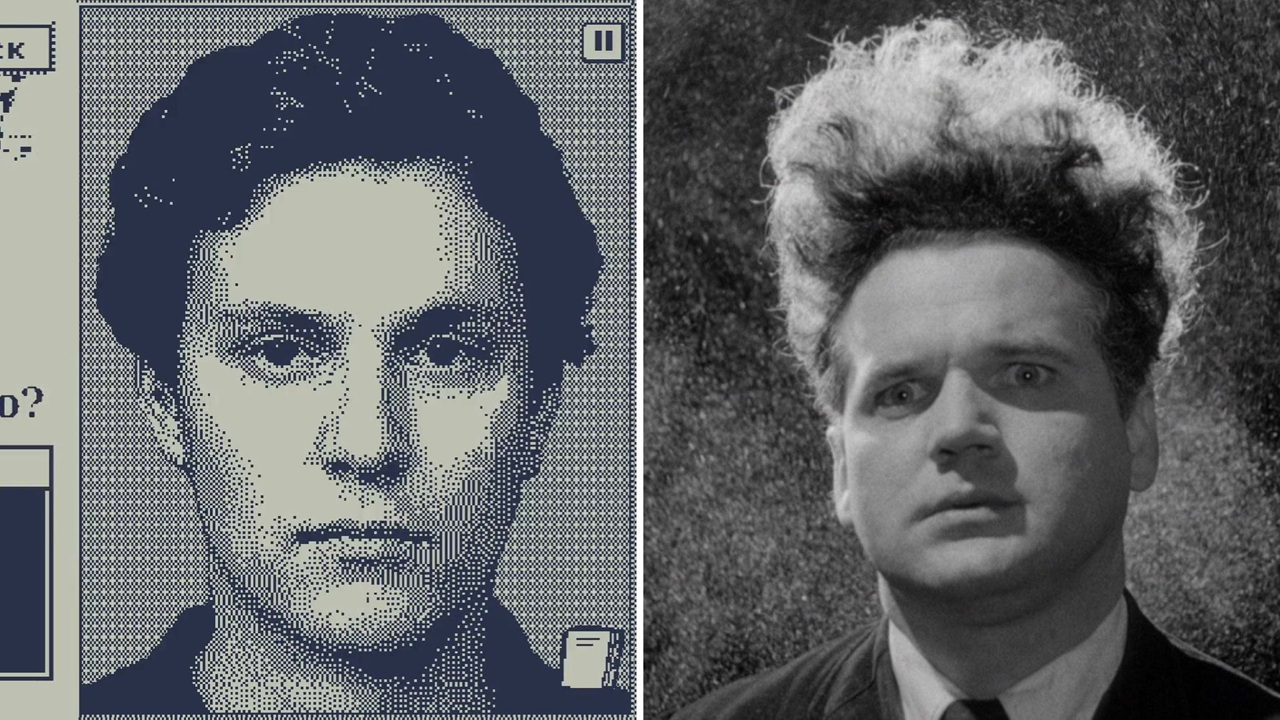
Who’s Lila and the works of David Lynch
Who’s Lila is the closest thing we’ve got to a David Lynch game. If you’ve watched the works of David Lynch, like Eraserhead, Lost Highway, and Twin Peaks, you’ll know what I mean. The techniques and ideas he employs are simple, but the execution is so meticulous it makes you feel like you’re stuck in a dream… or a nightmare. And because his movies feel a lot like dreams, it means you’ll have to watch them more than once to really get the message. That’s the case with Who’s Lila. The surreal presentation, the unique gameplay mechanic, coupled with the fact the game requires multiple playthroughs to understand the plot, makes it feel like a true homage to the late Mr. Lynch.
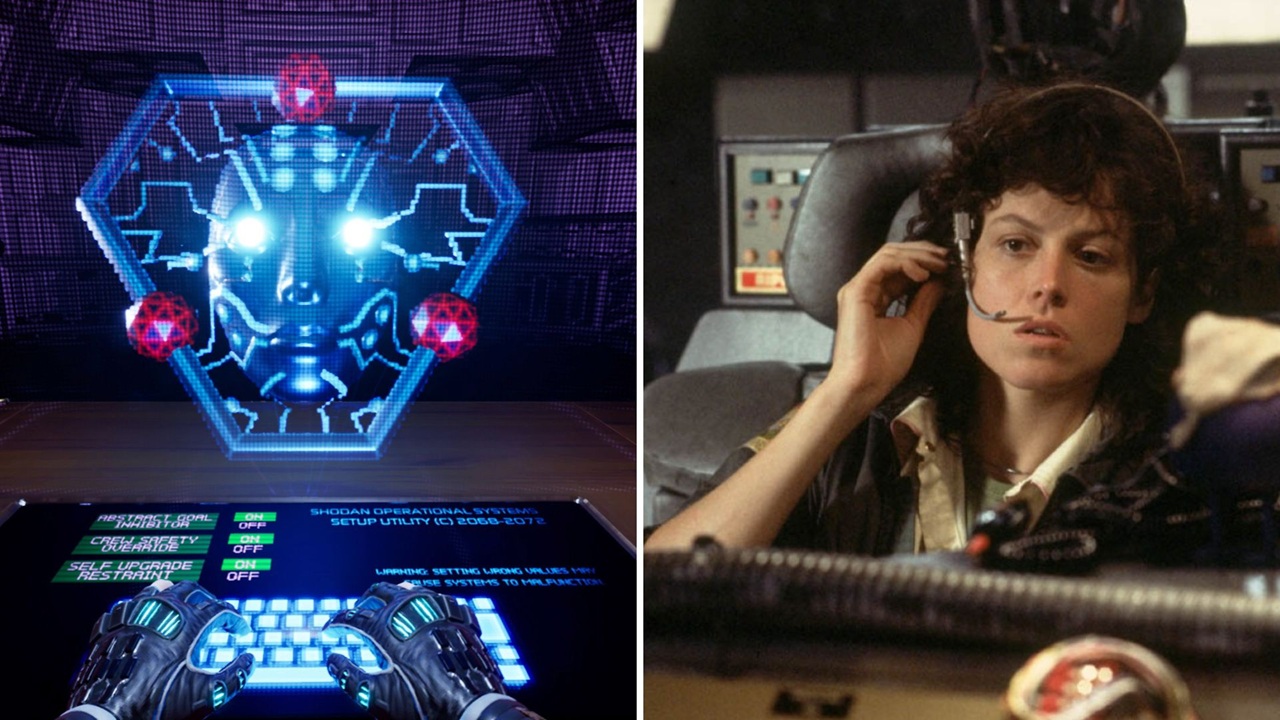
System Shock and Alien
The original System Shock was a spiritual successor to the Ultima games. The current System Shock is a spiritual successor to… System Shock. Remakes and reboots commentary aside, the original was praised for being one of the first mainstream immersive sims. This pioneering of the genre was achieved by analyzing various different works, including one of the best horror movies ever made, Alien.
Similarly to Alien, the game focuses on creating horror and immersion by placing the player in claustrophobic environments where you’re never quite sure what lurks around the corner. Additionally, there are themes of corporate callouses and science gone out of control. Ripley felt hunted and out of her element in Alien, as does the hacker in System Shock.

